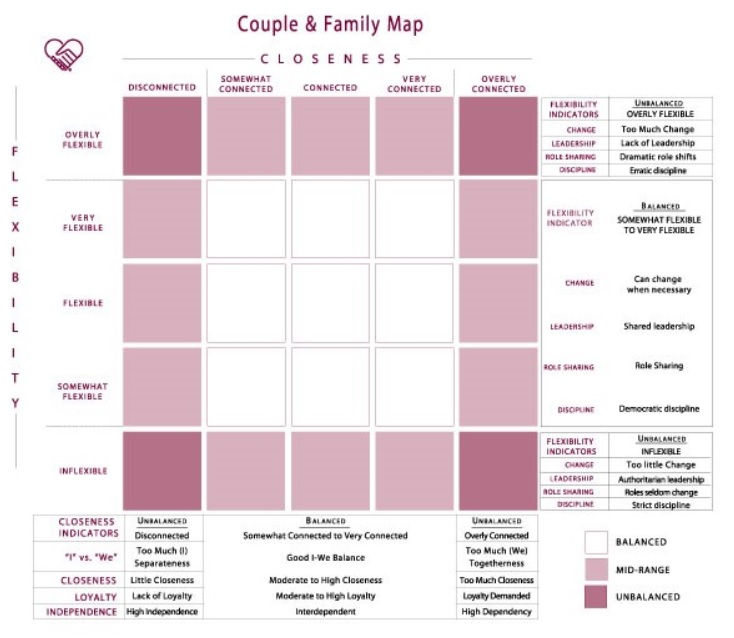Executive Functioning Skills
- rogerlinpsyd
- Sep 5, 2022
- 2 min read
Updated: Sep 15, 2022
Executive functioning skills are our brains ability to plan and organize, pay attention, remember information, and complete tasks successfully. These skills can be learned, practiced, and improved.
1) Organization of materials.
Keeping your physical space neat is a great way to stay organized. Take a look at your physical space and think to yourself, "Does everything have a place?" If it does, great! Practice putting things where they belong. If not, create a space for it.
2) Planning and Organizing.
Set aside time to set goals. What do you want to accomplish today, this week, this month? Once you set your goals, break the goal into smaller steps. Plan out each step to accomplish the goal. Use a planner, calendar, assignment notebook, to track the steps you are taking towards each of your goals.
3) Initiating tasks.
Set a timer counting down to when you want to start the task.
Break down the task into smaller steps and identify the first step (e.g., If the goal is to complete homework. First step- Sit down at the desk and take out the homework.)
Increase energy- Physical stimulation (Get up, stretch), Challenge yourself (Give yourself a set amount of time to complete the task in), Motivation and Interest (State a desirable reason to complete the task)
Self-talk. "No excuses." "Let's go!". "Right now." "Start". "Begin."
4) Focus and attention.
Practice maintaining your focus from the start of the task until you finish it.
Remove distractions.
Prioritize. Focus on the task you've chosen and if something else comes up, say to yourself, "This is more important, stay focused on this, that can wait."
5) Emotional-regulation.
Check in with you emotional state. What am I feeling? Why am I feeling this way? How is it affecting my mindset, attitude, and energy.
6) Memory.
Keep learning.
Read.
Practice ways to store and memorize information.
7) Self-monitoring.
Self-monitoring is the awareness to know how you are doing and when something isn't working.
When you face a problem, practice self-monitoring self-talk, "Stop, think, what is the problem, and let's think through possible solutions."
If you find yourself getting stuck in a negative mindset, physically cue yourself to reset, redirect, regain perspective, and refocus.
8) Critical, Adaptable, Flexible-thinking.
Practice seeing things from multiple perspectives.
9) Time management.
Write out a daily and weekly schedule.
Time block tasks.
Set routines.
Make a daily task list.
10) Self-control.
Self-control is the ability to control impulses, to not have an emotional outburst. Learning and applying coping skills (Taking deep breaths, counting, filtering negative thoughts, positive self-talk, asking for a break) to stay grounded so we don't overreact or shutdown.

Comments